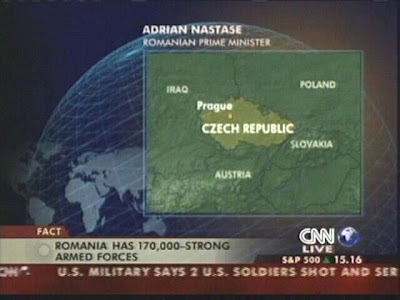- Joined
- Oct 12, 2009
- Messages
- 6,762
- Reaction score
- 1,619
- Gender
- Male
- Political Leaning
- Private
The consequences are still unfolding, but in the main, were the objectives met?
I would say the fundamental objective was to create a democracy. There are both strong indicators that his was accomplished:
- Parliament
- coalition government
- operating ministries
- military
- police
- regulatory framework
- provential elections
- local government
and strong indicators that there are difficulties:
- failure to build effective bridges between ethnic groups
- funding difficulties
- corruption
On balance though, it seems to be working.
I would say the fundamental objective was to create a democracy. There are both strong indicators that his was accomplished:
- Parliament
- coalition government
- operating ministries
- military
- police
- regulatory framework
- provential elections
- local government
and strong indicators that there are difficulties:
- failure to build effective bridges between ethnic groups
- funding difficulties
- corruption
On balance though, it seems to be working.

